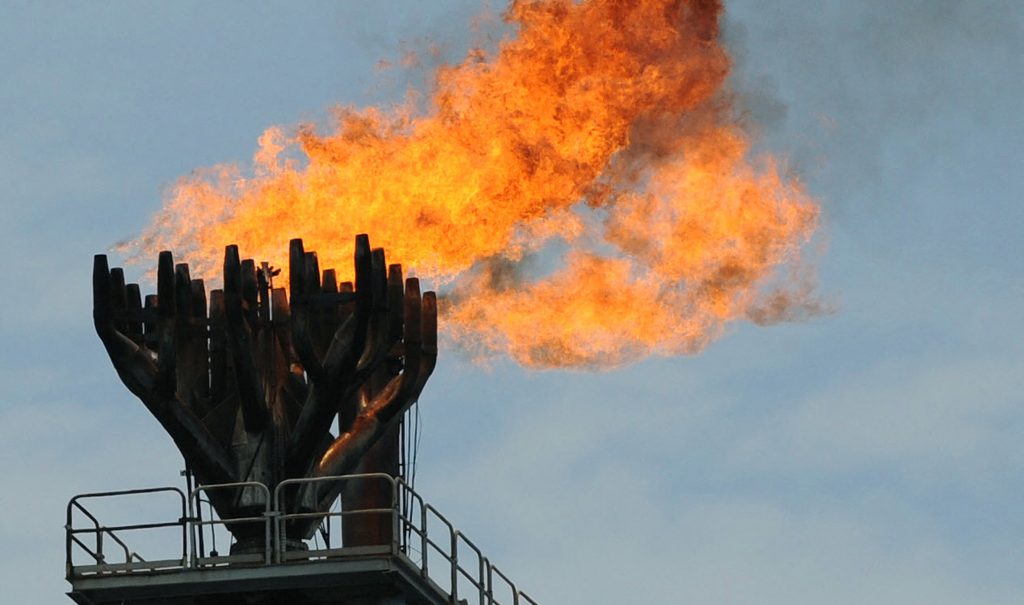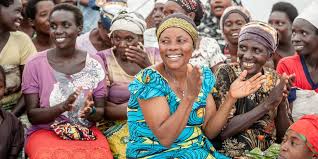
Nigeria Launches MRV Systems to Tackle Emissions and Mitigate Climate Change
- Climate Change
- No Comment
- 131

Nigeria has begun the implementation of Monitoring, Reporting, and Verification (MRV Systems) aimed at mitigating emissions, with a particular focus on reducing methane emissions. The initiative, led by the Stakeholder Democracy Network (SDN) in collaboration with the National Council on Climate Change (NCCC), kicked off during an Inception Workshop held on Tuesday in Abuja.
Dr. Nkiruka Maduekwe, Director-General of NCCC, highlighted the importance of MRV systems in understanding and addressing the emission contributions from various sectors, particularly methane and other short-lived climate pollutants (SLCPs). These systems allow governments to identify effective mitigation strategies.
Maduekwe noted that Nigeria, recognised globally as a methane champion, has prioritised reducing methane emissions, particularly from the oil and gas, agriculture, and waste sectors. These short-lived pollutants, also referred to as super pollutants, have a significant environmental impact despite their short lifespan in the atmosphere.

The NCCC plans to monitor, report, and verify methane emissions to track progress toward reducing the harmful pollutants. By the end of 2025, Nigeria aims to have a clear understanding of how much methane has been reduced, alongside other environmental improvements.
Ms. Catalina Etcheverry, Programme Management Officer at the Climate and Clean Air Coalition (CCAC), emphasised the importance of reducing SLCPs such as methane, black carbon, and hydrofluorocarbons (HFCs) to limit global warming. She commended Nigeria for taking significant steps toward tracking SLCP emissions, which account for 45% of current warming but remain in the atmosphere for a much shorter time than carbon dioxide.
Dr. Jude Samuelson, Head of Environment at SDN, noted that the workshop, funded by CCAC, aims to integrate MRV systems into Nigeria’s national framework, strengthening the country’s ability to monitor SLCPs and accurately report progress.
The project will support the Nigerian government in building its capacity to incorporate SLCPs into national policies, helping the country meet its long-term climate goals as outlined in the Paris Agreement.
By Abdullahi Jimoh
Nigeria Launches MRV Systems to Tackle Emissions and Mitigate Climate Change





